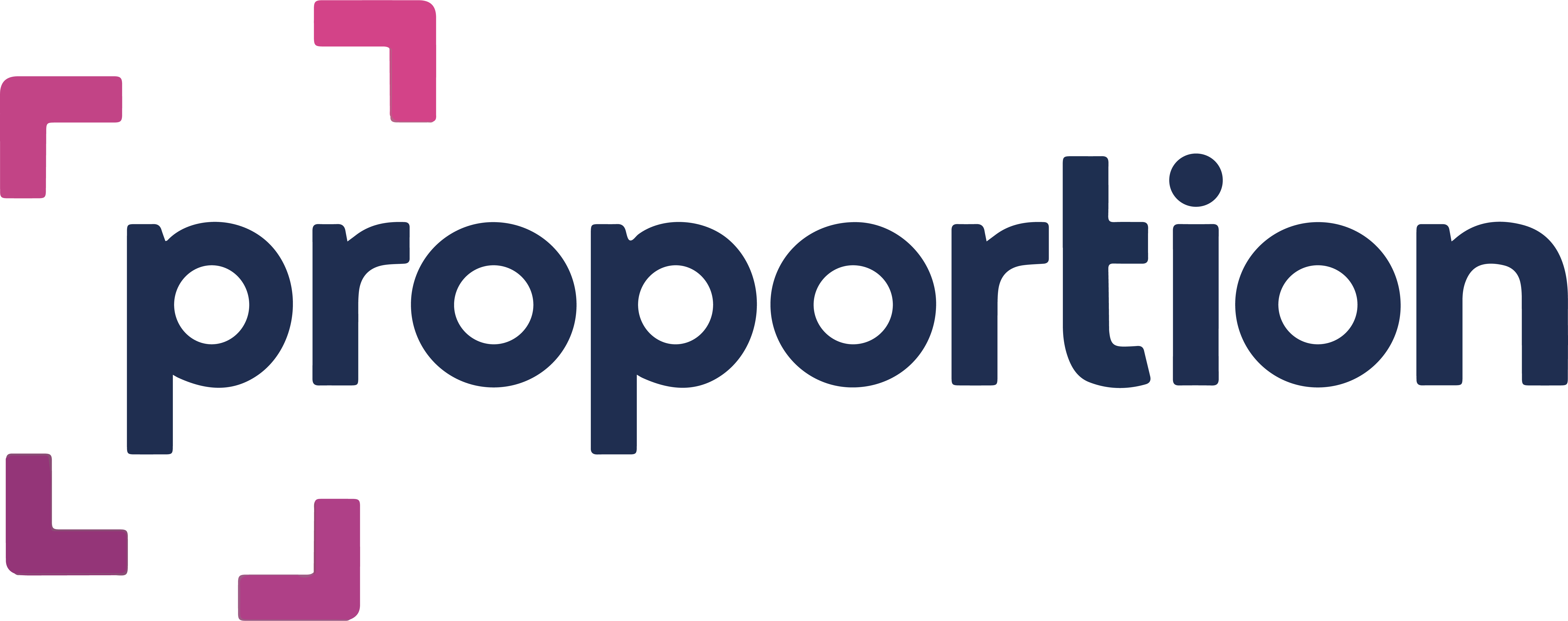
Orangi Pilot Project
Situation
Orangi Town, one of the largest slums in Asia, came into existence as a direct result of the two major partitions that reshaped Pakistan within a span of 30 years. Waves of millions of refugees poured into Karachi—then the capital of Pakistan—seeking shelter and stability. With little to no support from the government, these displaced communities built their homes from scratch in what would become Orangi Town. As Karachi’s population exploded and urban land grew increasingly valuable, the informal settlements occupied by these long-time residents—many of whom are still labeled as ‘refugees’ despite living in the city for decades—became contested spaces. In the late 1990s and early 2000s, the government began reclaiming land from Orangi Town residents, arguing that they lacked legal documentation to prove ownership, despite generations having lived and built lives there
Assignment
In response to the threat of displacement, the Orangi Pilot Project (OPP) was initiated as a grassroots solution to land insecurity. The organization empowered residents of Orangi Town to manually map their homes and neighborhoods, creating detailed records of their settlements. Once these maps were formally attested, they served as crucial documentation—making it significantly harder for the government to reclaim the land. Through this community-led initiative, residents were able to assert their right to space in the city they had built with their own hands.
Approach
For this project, we collaborated with the Orangi Pilot Project to assist in mapping several neighborhoods within the city. By the time we joined, a dedicated team—comprising local residents—had already been trained and was actively engaged in the mapping process. These individuals not only took on the task of documenting their communities but also played a key role in training others, ensuring the sustainability and expansion of the initiative. They guided us through the physical mapping process, teaching us the techniques they had mastered. Together, we mapped the area both manually on paper and digitally, contributing to a growing body of spatial documentation that strengthens the community’s claim to their land.
Results
These maps were later incorporated into the official archive of Orangi Town, serving as crucial records that helped the local residents secure their homes and land, ensuring their right to remain in the neighborhoods they had built over generations.

This project was commissioned by Orangi Pilot for client, Residents of Orangi Town and performed by Abiha, a member of the Proportion Global community. If you’ve enjoyed reading this case and want to dive deeper, we’d love to hear from you and we will connect you with relevant designers like Abiha, who worked on this project Contact Us


Responses